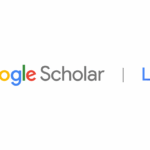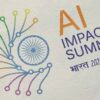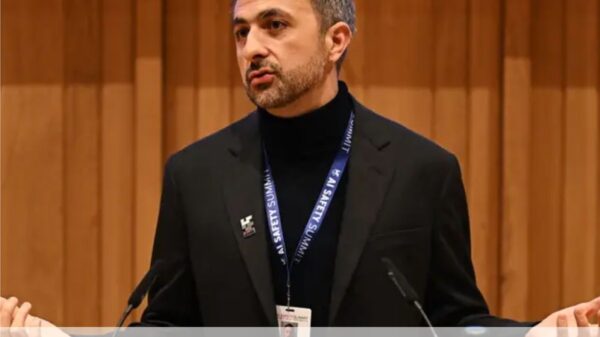A pair of researchers from Washington State University (WSU) has been awarded a grant through a global initiative by Microsoft, aimed at developing an AI roadmap specifically for rural schools. This initiative emphasizes the crucial role of collaboration among educators, researchers, and industry partners. The project, led by Tingting Li and Peng He, both assistant professors in the College of Education, Sports and Human Sciences (CESHS), will receive $82,500 to support their efforts in enhancing educational equity through AI.
Li was recently selected as one of 17 senior fellows in the Microsoft AI Economic Institute, which is dedicated to ensuring that the benefits of artificial intelligence are widely accessible. The duo aims to address the challenges faced by rural schools compared to their urban counterparts, focusing on how these institutions can effectively adopt AI technologies.
“Rural schools face particular challenges in adopting AI compared to urban districts. Teachers have less support and a smaller community of fellow educators to draw upon for help, putting their students at a disadvantage,” said Li.
This disparity, according to Li, underscores a significant issue of societal inequality. The ongoing Rural AI for Societal Equity (RAISE) project builds on prior work that aimed to help teachers and students in smaller communities leverage rapidly advancing technology. “We want to see how our work can affect teachers’ teaching and students’ learning,” Li explained. “From a systematic level, we seek to responsibly integrate AI in education and prepare educators and students to be responsible consumers of this technology.”
With funding in hand, Li and He will initiate a six-month project in K-12 classrooms spanning Eastern Washington, North Idaho, and Eastern Oregon. They will engage with local school officials and educators, leveraging relationships established through previous initiatives supported by Microsoft’s AI for Good program. Their approach prioritizes listening to the specific needs and ideas of educators, which will help inform their research and guide the development of effective AI integration strategies.
“Our method involves gathering insights from educators first,” Li stated. “We then tailor our research accordingly, bringing our findings back to them for feedback. This builds a solid foundation for demonstrating that our AI work is rooted in real classroom experiences, reflecting the voices from within the education system.”
Developing the RAISE Roadmap
Following their initial research and workshops, Li and He will create the RAISE Roadmap—a collaborative framework designed to connect educators, researchers, and technology developers. This roadmap will outline evidence-based strategies for the responsible and sustainable integration of AI in schools. Their endeavor is part of a broader effort at WSU, where various projects aim to apply AI solutions across multiple fields, including education, agriculture, and healthcare.
According to Kim Christen, WSU’s Vice President for Research, “At WSU, AI research is about impact, not isolation. From classrooms to farms to clinics, our AI research is grounded in real-world applications.” This commitment to practical solutions highlights the university’s goal of working collaboratively with communities to bring necessary technology to areas that need it most.
Li and He aspire for their work to serve as a national model for effectively implementing AI in rural schools. Both researchers, who joined WSU last year, expressed their gratitude for the support they have received from their colleagues and the university, emphasizing the importance of collaboration in advancing their mission.
“Our college is very supportive,” He noted, highlighting the encouragement from colleagues, the dean, and the chair. As the project unfolds, the researchers aim to create tangible resources that can bridge the gap between urban and rural educational environments in the context of AI.
See also AI Transforms Medical Education with New Assessment Tools and Ethical Insights
AI Transforms Medical Education with New Assessment Tools and Ethical Insights Nigerian Schools Must Integrate AI in Curriculum to Enhance Learning and Teaching Efficiency
Nigerian Schools Must Integrate AI in Curriculum to Enhance Learning and Teaching Efficiency Google Scholar Labs Launches AI-Powered Research Tool for Enhanced Academic Insights
Google Scholar Labs Launches AI-Powered Research Tool for Enhanced Academic Insights AI Enhances Nigeria’s Higher Education: Study Reveals Personalized Learning and Efficiency Gains
AI Enhances Nigeria’s Higher Education: Study Reveals Personalized Learning and Efficiency Gains WSU Secures $82,500 from Microsoft to Develop AI Strategies for Rural Schools
WSU Secures $82,500 from Microsoft to Develop AI Strategies for Rural Schools









































































